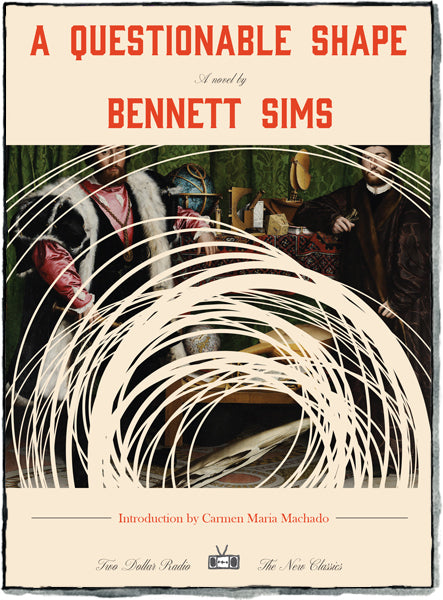New Classical Macroeconomics - Econlib
4.7 (245) · $ 26.00 · In stock
After Keynesian Macroeconomics The new classical macroeconomics is a school of economic thought that originated in the early 1970s in the work of economists centered at the Universities of Chicago and Minnesota—particularly, Robert Lucas (recipient of the Nobel Prize in 1995), Thomas Sargent, Neil Wallace, and Edward Prescott (corecipient of the Nobel Prize in 2004). […]
Book - macroeconomics simplified: understanding keynesian and neo-classical macroeconomic systems Language: english Binding: paperback

Macroeconomics Simplified: Understanding Keynesian and Neoclassical Macroeconomic Systems
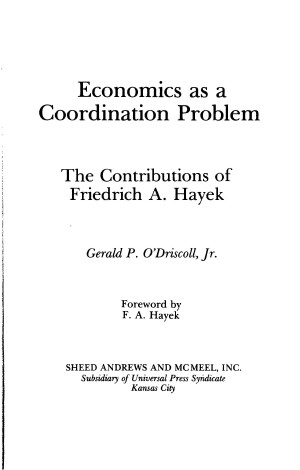
Economics as a Coordination Problem: The Contributions of
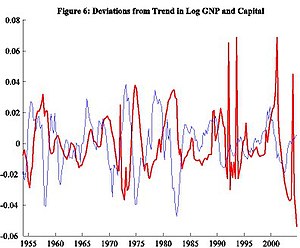
Real business-cycle theory - Wikipedia

The Birth, Death, and Resurrection of Economics - Ethics & Public Policy Center

DOC) The Impact of the Lucas Critique on Macroeconomics: A

IS/LM model The Market Monetarist

New Keynesian Macroeconomics – The Ideas of Economists

3.2.5 Macroeconomic Equilibrium, SL IB Economics Revision Notes 2022
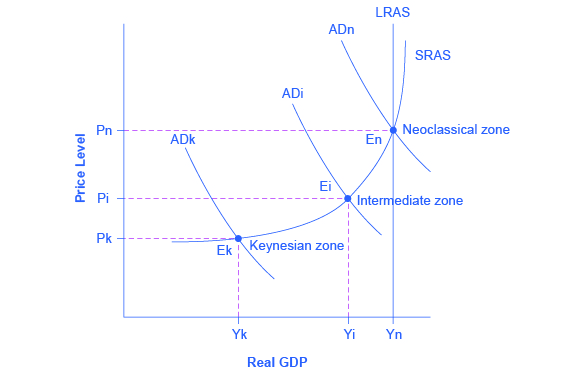
The Phillips curve in the Keynesian perspective (article)

The contrast between Keynesian macroeconomics and new classical
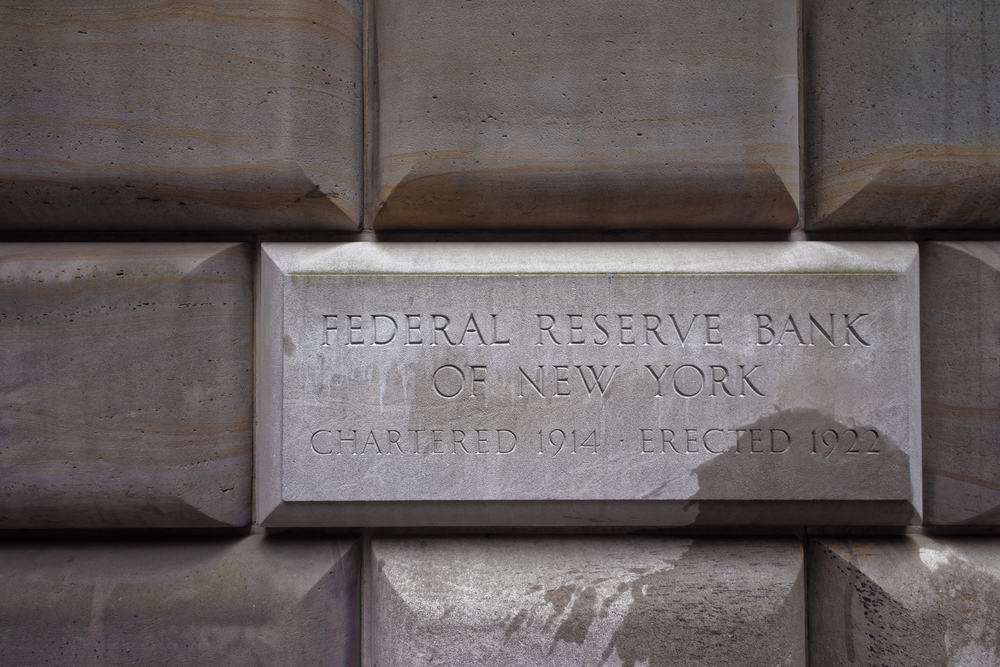
Monetarism - Econlib
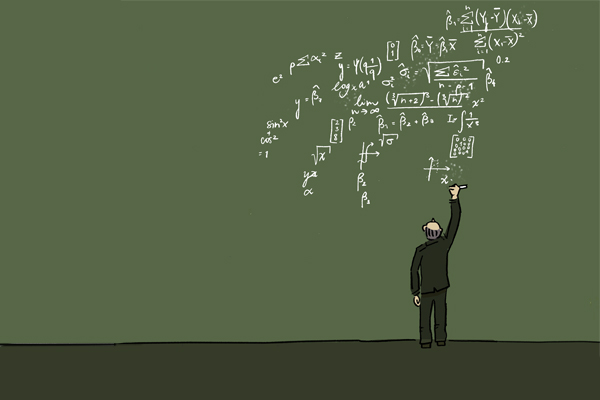
The Borrowed Science of Neoclassical Economics –
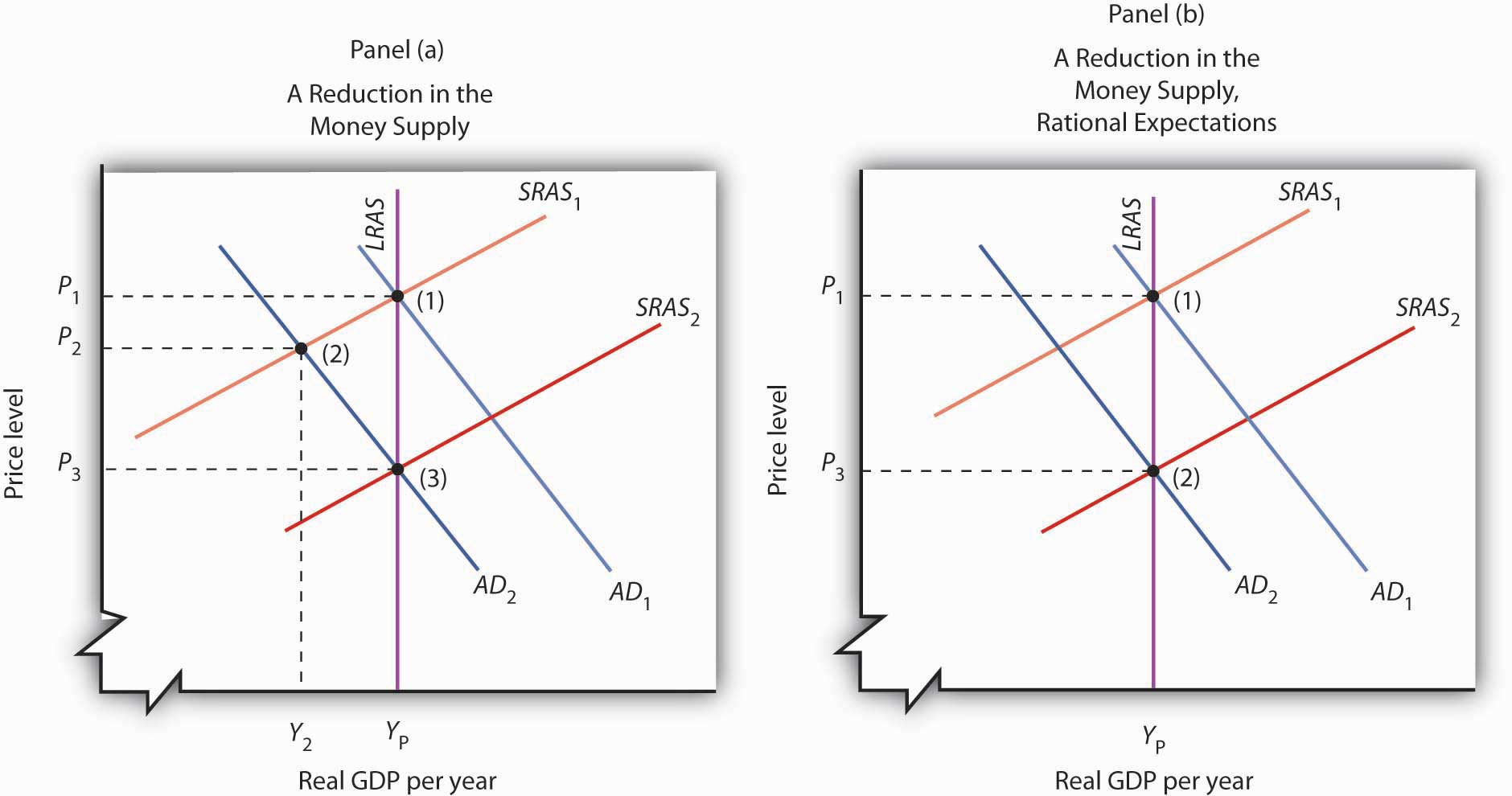
Reading: New Classical Economics and Rational Expectations, Macroeconomics [Deprecated]

Sargent Wallace Model, PDF, Economics








